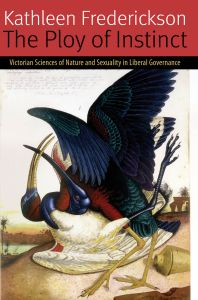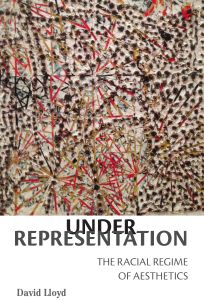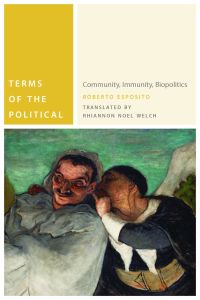Save 25% plus free shipping during our Winter Sale! Use promo code JOY2025. Expires 1/5/26.
Infectious Liberty
Biopolitics between Romanticism and Liberalism

This book can be opened with

Infectious Liberty traces the origins of our contemporary concerns about public health, world population, climate change, global trade, and government regulation to a series of Romantic-era debates and their literary consequences. Through a series of careful readings, Robert Mitchell shows how a range of elements of modern literature, from character-systems to free indirect discourse, are closely intertwined with Romantic-era liberalism and biopolitics.
Eighteenth- and early-nineteenth century theorists of liberalism such as Adam Smith and Thomas Malthus drew upon the new sciences of population to develop a liberal biopolitics that aimed to coordinate differences among individuals by means of the culling powers of the market. Infectious Liberty focuses on such authors as Mary Shelley and William Wordsworth, who drew upon the sciences of population to develop a biopolitics beyond liberalism. These authors attempted what Roberto Esposito describes as an “affirmative” biopolitics, which rejects the principle of establishing security by distinguishing between valued and unvalued lives, seeks to support even the most abject members of a population, and proposes new ways of living in common.
Infectious Liberty expands our understandings of liberalism and biopolitics—and the relationship between them—while also helping us to understand better the ways creative literature facilitates the project of reimagining what the politics of life might consist of.
Infectious Liberty is available from the publisher on an open-access basis.
“Infectious Liberty generatively reconceives Romantic literature as a set of counter-hegemonic techniques of biopolitical experimentation. Casting Romanticism as an attempt ‘to steer the biopolitical techniques of liberalism toward more liberatory shores,’ Mitchell uncovers resources for our own grasp of neoliberalism and its relation to ecological crisis. In so doing, his scholarship serves the immense purpose of reconnecting the study of Romantic literature to each of the disciplinary domains that cohere, transformed, in Foucault's theory of biopolitics.”—Amanda Jo Goldstein, University of California, Berkeley
Mitchell, alongside a thoughtful semantic study, manages to import a fundamentally positive and transformative attitude from a period of unbound enthusiasm for the human spirit into an age where global environmental disaster could but inspire collective despair instead.—Foucault Studies
Mitchell's book expertly combines social theory with literary analysis. Highly recommended.—Choice
Readers interested inmoving beyond the historical-contextual paradigm that has dominated so much literary study will find much to think about—and to celebrate—here.—Modern Philology
Preface | vii
Introduction | 1
Part I: Romanticism, Biopolitics, and Literary Concepts
1. Biopolitics, Populations, and the Growth of Genius | 23
2. Imagining Population in the Romantic Era: Frankenstein, Books, and Readers | 50
3. Freed Indirect Discourse: Biopolitics, Population, and the Nineteenth-Century Novel | 77
Part II: Romanticism and the Operations of Biopolitics
4. Building Beaches: Global Flows, Romantic-Era Terraforming, and the Anthropocene | 113
5. Liberalism and the Concept of the Collective Experiment | 148
6. Life, Self-Regulation, and the Liberal Imagination | 186
Acknowledgments | 231
Notes | 233
Works Cited | 291
Index | 313
Please click the link below to download the Open Access version of this book.
- Infectious Liberty - epub






